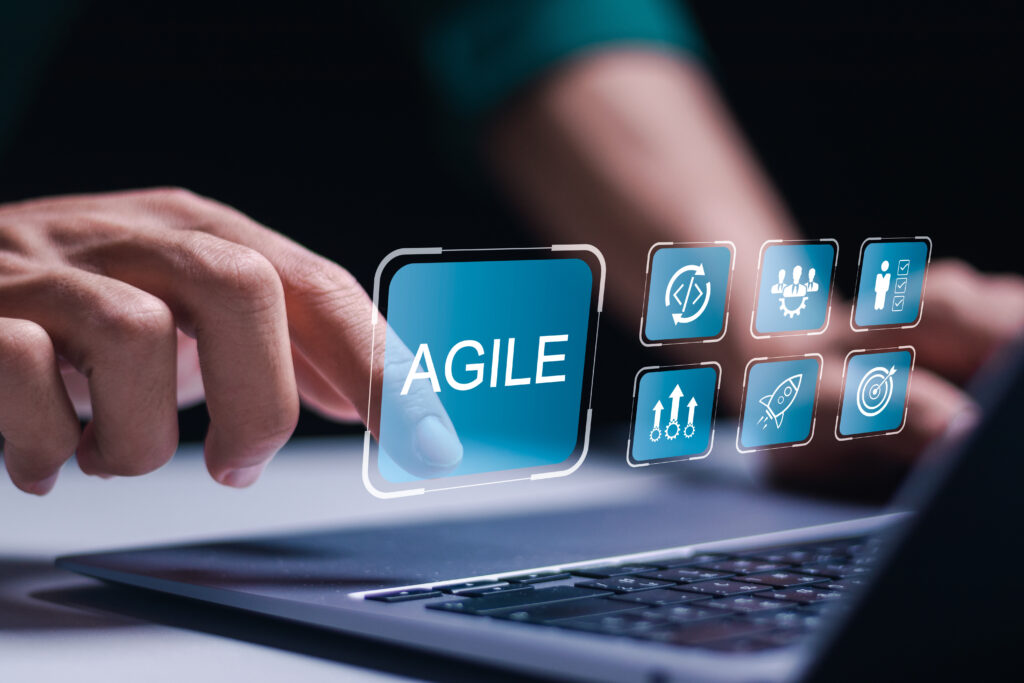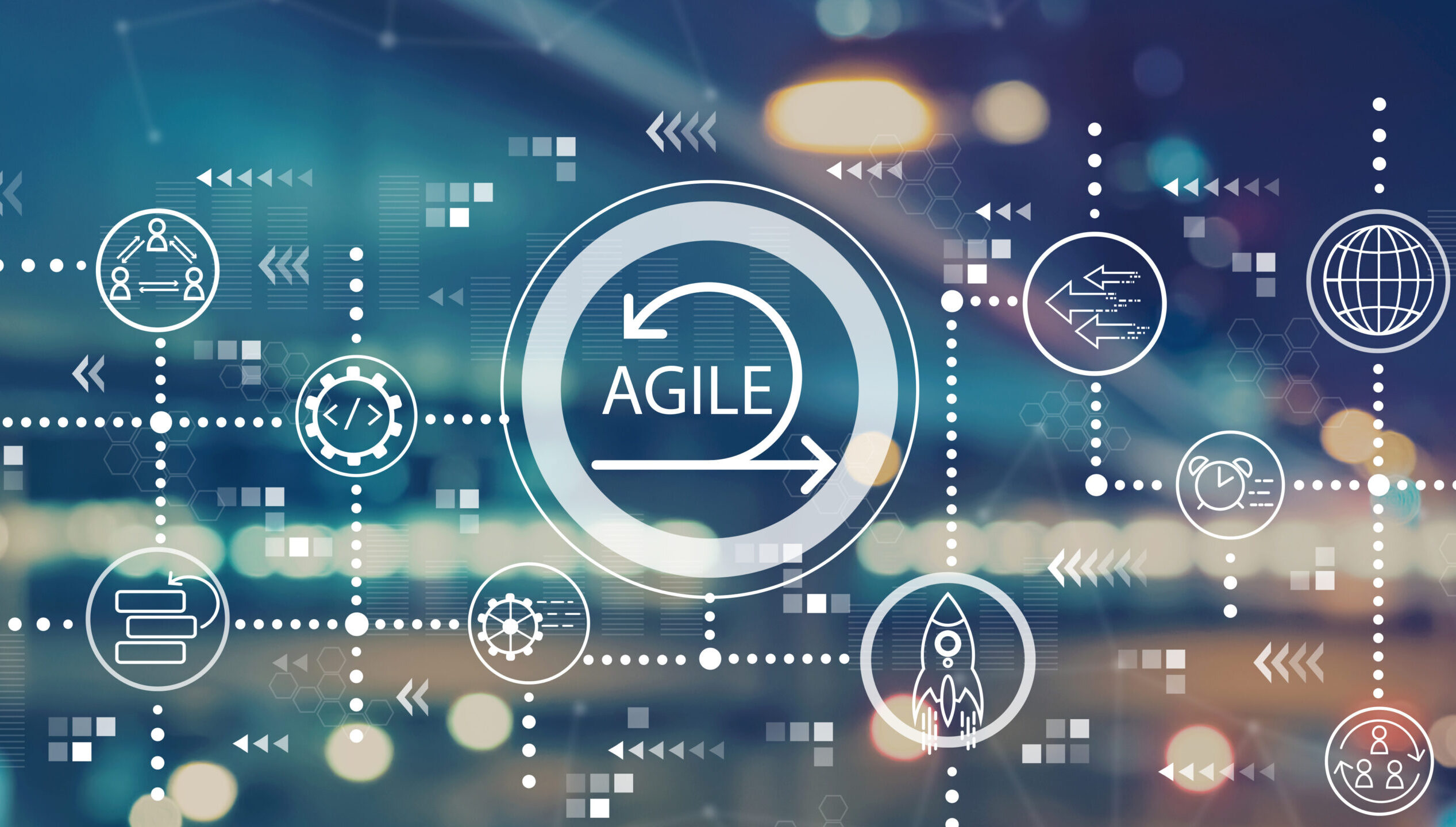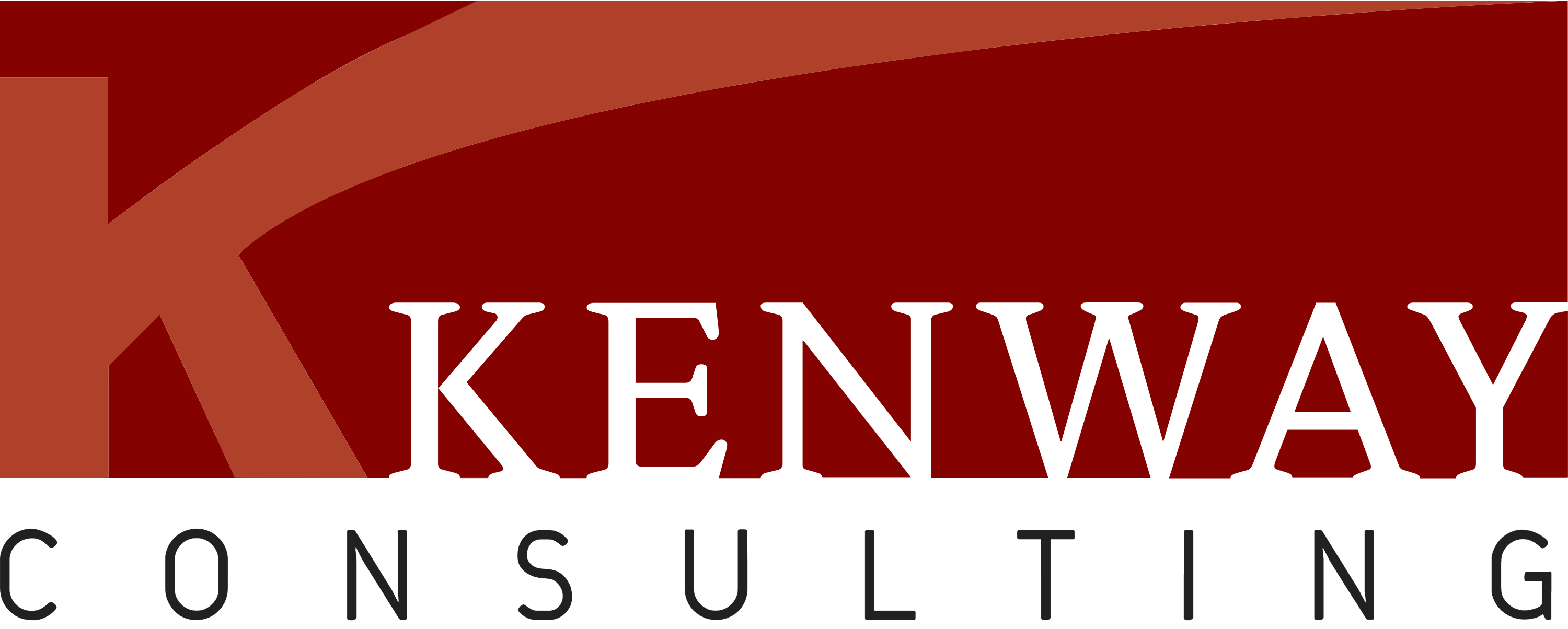Agile Transformation is a holistic practice dedicated to helping organizations embrace Agile methodologies and principles throughout their operations. Agile Transformation Services not only bolster an organization’s agility and adaptability but also foster a more innovative, resilient, and agile culture, positioning them for long-term success in today’s ever-evolving business environment. Kenway’s team of agile transformation consultants and trainers collaborate with clients to assess existing processes, pinpoint opportunities for enhancement, and devise customized strategies for an effective Agile framework implementation.

Agile Transformation Services
Focused on guiding organizations through the process of adopting Agile methodologies and principles
Request an Agile Consultation Agile Transformation
Connect with a Kenway Agile Expert Today
Why Scaled Scrum, Scrum, and DevOps?
Our agile consulting practice is built upon a foundation of three key areas of expertise: Scrum, Scaled Scrum, and DevOps.
Scrum at Scale
Scaled Scrum is the art and science of allowing multiple Scrum teams to work together on the same or related products, to deliver more complex solutions.
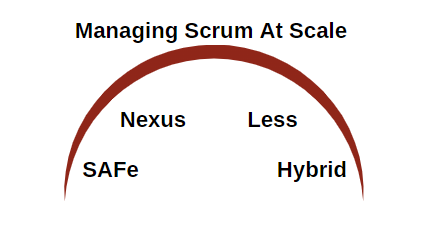
Scrum
Scrum is the framework to manage complex product development based tasks on the principles of Agile.

DevOps
DevOps are set of processes built on a infrastructure and knowledge that complement Agile development. It optimizes the benefits of Scrum development by increasing the speed of improvements to systems and products.
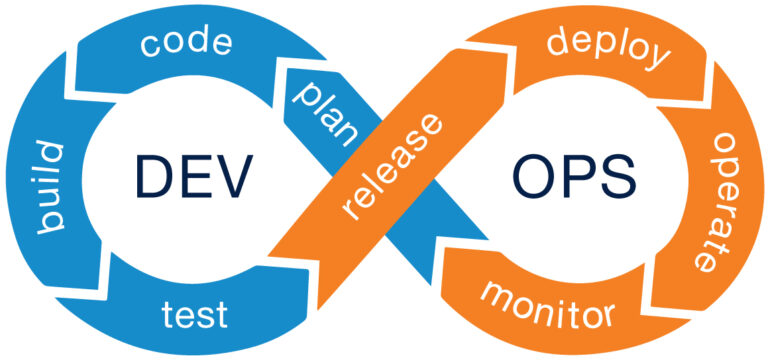
Kenway's Agile Enablement Approach for Successful Transformations
Kenway Consulting’s Agile consulting approach combines our emphasis on collaboration, professionalism, hands-on engagement, and dedication to continuous improvement to deliver successful Agile transformations at scale for our clients. Our commitment to helping organizations navigate the complexities of the modern business world, building trust with all involved players, and fostering a culture of innovation, resiliency, and agility positions us as a leading partner in the Agile space.
Collaboration
Collaboration is at the core of our approach, and Kenway Consulting is dedicated to building trust and cultivating powerful relationships with all involved players, including clients and cross-functional teams. By fostering an environment of open communication and collaboration, we create a strong foundation for successful Agile transformations.
Partnership
To support this collaborative approach, we dynamically partner to meet your organization where you are and and work together to evolve and mature your organization while delivering the solutions needed today.
Change Management
We provide the necessary tools, guidance, and support to enhance your culture of innovation, resiliency, and agility. Central to our approach is the principle of “Consulting not Orthodoxy.” We adapt our methodology to fit the project, avoid rigid adherence to pre-defined processes, and focus on delivering value and achieving goals. This flexibility allows us to create customized solutions that address the specific needs of each client.
Professionalism, Empathy, and Hands-on Engagment
We achieve a successful Agile transformation through a combination of professionalism, empathy, and hands-on engagement. We partner with all team members to collaborate and evolve together, encourage open communication, and prioritize delivering value. By emphasizing direct observation of facts and data over reports and hearsay, we gain firsthand knowledge and experience, track and measure data, and use those to support learning and continuous improvement.
Scrum at Scale
In a scaled Scrum approach, successful transformations rely on self-organized, autonomous teams operating within a culture of psychological safety. This approach combines both bottom-up and top-down methods, with Scrum Masters and Product Owners collaborating to drive progress. Agile organizations are characterized by flat and fluid structures, featuring high-performing cross-functional teams that tackle complex technical challenges, empowered by a supportive and psychologically safe environment. Scrum at Scale allows the benefits of predictable quality delivery be realized enterprise wide. This scaling effectively links the firm’s strategy to the delivery of customer centric business value.
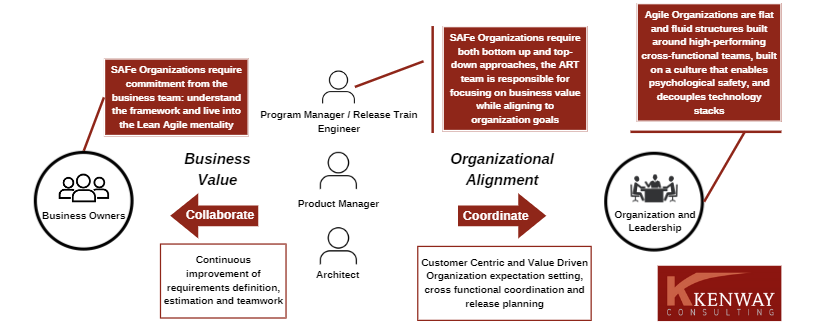
A hybrid approach in which multiple Scrum teams work on one product while being managed using traditional program management may not be the most effective solution. Although it can be implemented, there are alternative methodologies specifically designed to address the needs of scaled Scrum, which might be more suitable, such as:
SAFe
- Focus on business alignment
- Comprehensive approach
- Built – in scalability
LeSS
- Focus on autonomy
- Simplicity
- Emphasis on customer value
Nexus
- Focus on integration
- Retains Scrum simplicity
- Easier implementation
- For large organizations with a need for top-down approaches because of legal, regulatory or other externalities
- Can be done quickly due to comprehensive nature
- For large organizations that need less top-down control but need some help coordination multiple scrum teams
- Can and should be done slowly as a natural evolution Scrum
- For large organizations that need less top-down control but need some help coordination multiple scrum teams
- Can and should be done slowly as a natural evolution Scrum

This comprehensive and widely adopted framework provides a structured approach to scaling Agile across the entire organization. SAFe incorporates elements of Lean, Agile, and DevOps principles, and is designed to accommodate various team sizes and organizational complexities. As the recommended choice, SAFe enables rapid delivery, improved quality, and alignment across teams to ensure successful business outcomes.
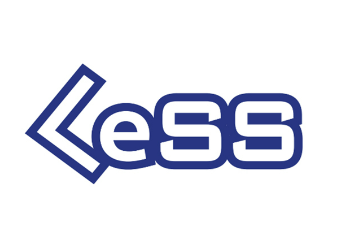
LeSS is a lightweight, flexible framework that extends the core Scrum principles to larger organizations. It focuses on minimizing bureaucracy and promoting organizational agility, making it suitable for companies that prefer a less prescriptive approach.

Developed by Scrum co-creator Ken Schwaber, Nexus is an exoskeleton that extends Scrum to guide multiple teams working on a single product. It emphasizes the importance of integration and communication among teams to ensure that dependencies are effectively managed.

Hybrid Approaches
Some organizations may choose to combine elements of different methodologies or incorporate Waterfall program management to create a tailored solution that addresses their specific needs and challenges.
Scrum Services
Scrum is a framework to manage complex product development based on the principles of Agile. The definitive guide for practicing Scrum is the Scrum Guide.
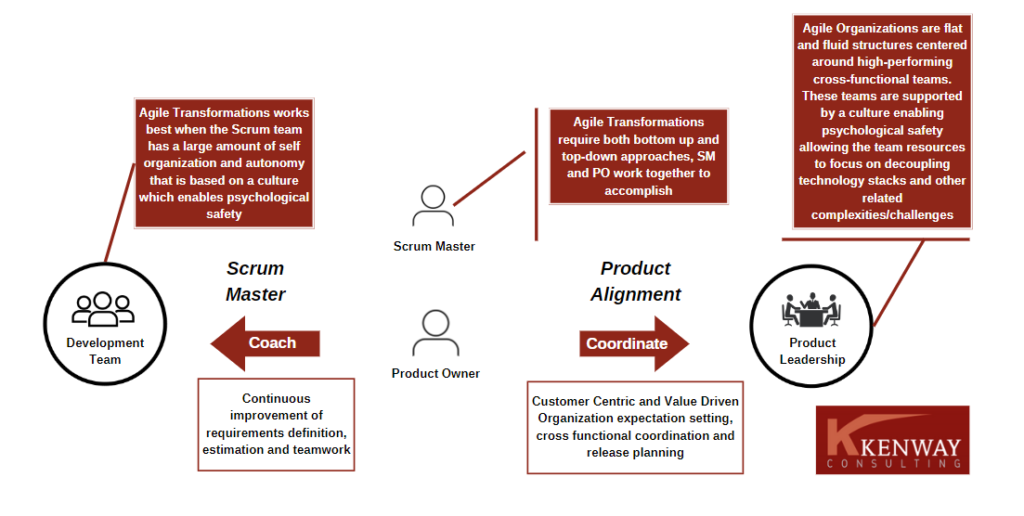
Scrum Team
- Scrum Master – is responsible for ensuring the team lives agile values and principles and follows the processes and practices that the team agreed they would use.
- Product Owner – is responsible for the project’s outcome maximizing a product’s value by managing and optimizing the product backlog.
- Developers – is responsible for creating the project deliverables, together with the rest of the Scrum team.
- Business Analyst* – is responsible for working with the development team to document the processes involved in the software development life cycle, specifically by maintaining the story map and owning the process of getting stories groomed and ready.
- Quality Assurance* – is responsible for ensuring that development is defect free and meets the requirements as outlined in the acceptance criteria to the point where the story is done.
*The Scrum Guide does not account for these roles but it is crucial the skills and responsibilities are identified, and expectations set, particularly early in the transition.
DevOps
DevOps is the union of people, process, and technology to continually provide value to customers. Agile practice allows teams to continually respond to change, while DevOps enables change to be implemented at high speed. Integration of DevOps practices in Agile teams will deliver continuous business value at a high speed while decreasing error rates.

DevOps has four individual elements:
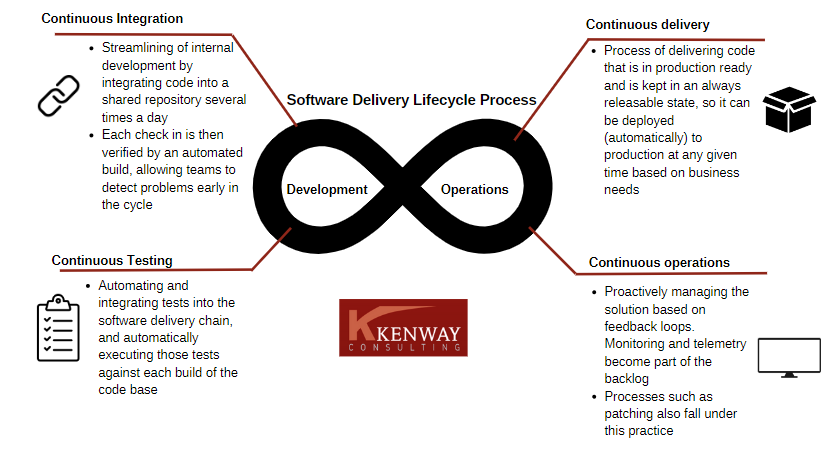
How can Kenway help?
Assessment
- Rapidly assess the maturity and needs of the agile environment to determine priorities and first steps
- Work with leadership team and team members to determine the path forward, using a bottom up and top-down perspective to assess environment and document
- Rapidly documented current state, recommended roadmap to improvement including Scrum, Scaled Scrum and DevOps emphasizing speed to result and business value
Embedded Expertise, Evaluation, and Recommendations
- Augment Scrum and/or Scaled Scrum teams and DevOps roles and help them deliver and continuously improve
- Provide a more robust means of identifying and removing impediments, blockers and obstacles
- Provide ongoing evaluation of the scrum teams maturity and organizational support or changes that would accelerate maturation (Based on our wide range of experts with other clients)
Training and Workshops
- Deliver proven training course to prepare individuals to take the scrum.org Profession Scrum Master or Professional Product Owner Certification or understand the principles of Scaled Scrum
- Ongoing workshops for teams and leaders to determine where on current strengths and weaknesses of the current approach and areas of focus for improvement
Get to Know Our Experts
Kenway Consulting is driven by our Guiding Principles. We act with integrity to provide our clients with honest, high-quality Agile Transformation consulting services. We aren’t held to alliances with specific technologies, methodologies, and implementation partnerships. Our Agile Transformation experts embody these principles in everything they do.
James Grohman: Jim Grohman stands out as a seasoned Agile Practice Lead, blending operational leadership with technical expertise. He is adept at driving technology and innovation, with a distinct emphasis on agile methodologies. His proficiency spans program and project management, agile, and hybrid approaches, ensuring projects are optimized for both production and maintenance. Jim’s diverse range of experiences, from his leadership role as an Infantry Officer in the US Marine Corps to various strategic positions in the corporate world, has exposed him to multiple environments and cultures. This breadth of experience enables Kenway to adapt seamlessly to the unique circumstances and nuances of each client, ensuring tailored solutions that resonate with their specific needs.
Sean Rabago: Sean possesses more than 20 years of contact center experience and an extensive background in the telecommunications industry leveraging various methodologies to deliver value. Throughout his career, Sean has not only championed conventional Waterfall-driven projects, but has also managed the intricacies involved in ushering a paradigm shift to Agile practices. This journey entailed curating tailored training sessions, fostering a culture of continuous feedback/improvement and measuring the flow of value, while meticulously bridging the gaps between traditional and contemporary project management styles. A certified scrum master and a passionate advocate for adaptive planning, incremental improvements and evolutionary development, Sean firmly believes in the synergy of structure and flexibility. Drawing upon his proficiency in quality assurance, project management, and solution delivery, Sean is adept at driving meaningful value while minimizing waste. Sean is driven by data, embracing a proactive approach and a commitment to delivering high-quality solutions quickly, at scale.
Read more from our team
Agile Transformation FAQs
Agile transformation services provide the tools, training, and support necessary for an organization to successfully embrace Agile methodologies.
- Awareness: Introduce Agile concepts.
- Desire: Foster enthusiasm for Agile.
- Planning: Create an Agile adoption roadmap.
- Implementation: Begin Agile practices.
- Stabilization: Streamline Agile processes.
- Scaling: Expand Agile to broader teams.
- Optimization: Enhance Agile methods.
The responsibilities of Agile transformation typically refer to the set of tasks, decisions, and initiatives that an organization must take on to transition from traditional methods of operation to Agile methodologies.
- Vision Setting: Define Agile transformation objectives aligned with organizational goals. Some of the more common primary responsibilities we might consider:
- Stakeholder Engagement: Secure support from leadership and teams.
- Assessment: Evaluate current processes and culture for Agile readiness.
- Training: Educate the organization on Agile principles and practices.
- Framework Choice: Select suitable Agile frameworks or scaling solutions.
- Coaching: Utilize experts to guide the Agile journey.
- Process Adaptation: Align operational processes with Agile practices.
- Tool Integration: Implement supportive Agile software and tools.
- Change Management: Navigate cultural and behavioral shifts.
- Metrics Implementation: Monitor Agile success and effectiveness.
- Feedback Mechanisms: Establish regular feedback loops for improvement.
- Scaling: Expand Agile practices across the organization as needed.
- Continuous Improvement: Refine Agile practices iteratively.
- Risk Management: Address and mitigate transformation risks.
- Culture Reinforcement: Promote a collaborative, transparent, and adaptive organizational culture.
An Agile transition coach employs a combination of business and technical expertise, understanding the team dynamics process engineering, and change management techniques to optimize an organization’s software development lifecycle using Agile principles.
In any Agile transformation, understanding and embedding these core pillars is crucial. The pillars stress collaboration, value-driven results, customer engagement, and adaptability.
- Individuals and Interactions: Emphasize people, collaboration, and trust over strict processes.
- Working Solutions: Prioritize functional products and continuous feedback over comprehensive documentation.
- Customer Collaboration: Engage customers consistently, valuing their input over rigid contract terms.
- Responding to Change: Value adaptability and flexibility over fixed plans.
Get the latest updates by subscribing to our newsletter
How Can We Help?
REQUEST A CONSULTATION
@Copyright 2024 Kenway Consulting, LLC.



